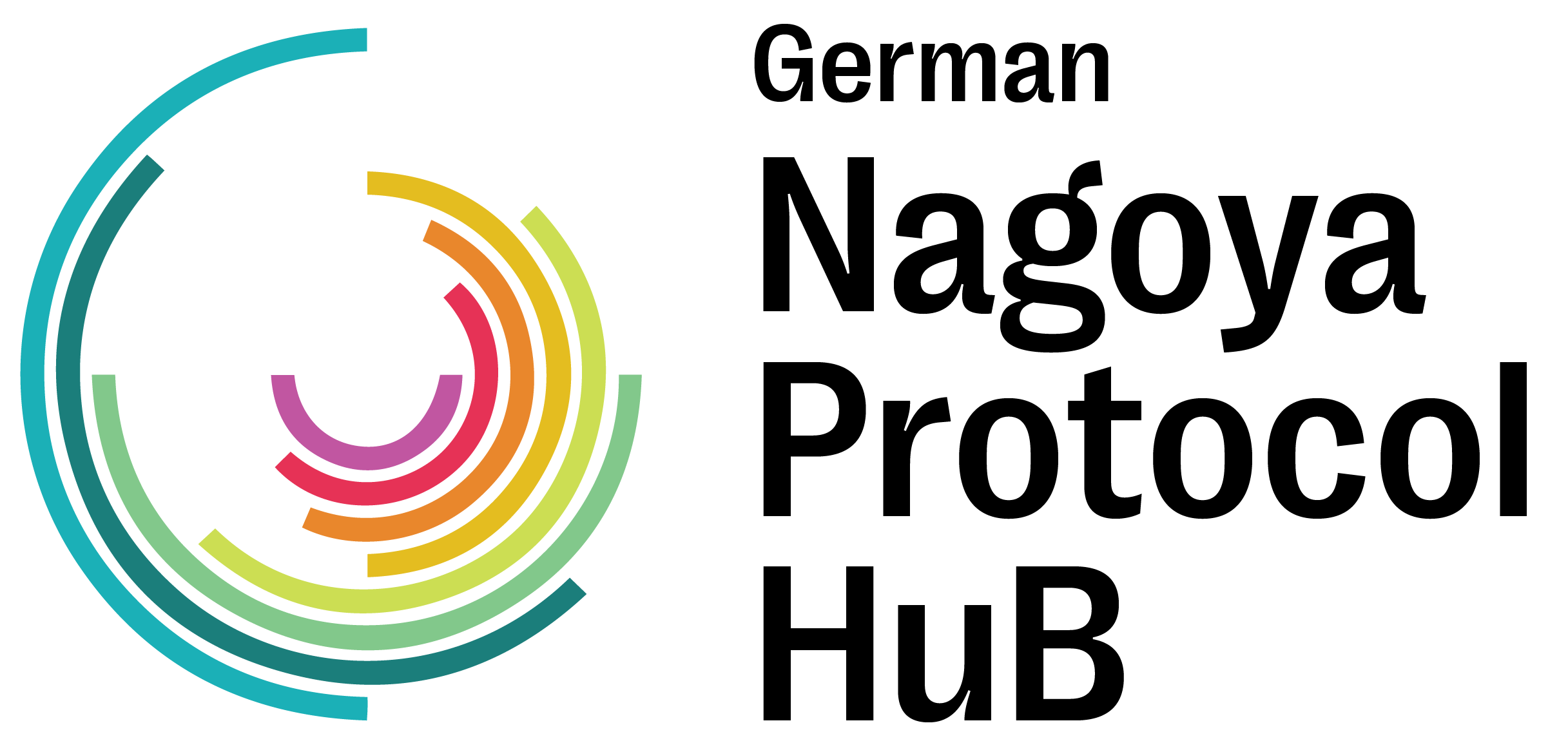Registered collections
What is a registered collection?
A registered collection is special instrument to promote compliance with the Regulation (EU) No 511/2014.
Collections like botanical gardens, collections of microorganisms and natural history museums provide researchers with biological material for research purposes. There are also collections at many universities.
These collections can choose to become registered – it is a voluntary process. A collection may register its entire collection or just part of it.
A registered collection:
- ONLY supplies biological material with documentation providing evidence that the material was accessed in accordance with any applicable access and benefit-sharing laws and, where relevant, on the basis of a benefit-sharing agreement;
- applies standardised procedures for exchanging samples with other collections and for supplying samples for research purposes;
- uses tracking and monitoring tools for exchange of samples and information with other collections; and
- keeps records of samples and information supplied for research and uses unique identifiers, where possible, to make the material traceable.
How can a registered collection help me?
Registered collections can make life much easier! They support researchers with their compliance obligations by providing the information and ABS documentation relating to a sample. In other words, the collection takes over the “seeking information” part of your obligations.
Researchers who obtain material from a registered collection are considered to have exercised due diligence with respect to seeking information. Although this is only one part of your due diligence obligations, obtaining ABS documentation is usually by far the most complicated and time consuming part.
![]()
There is no getting past the EU Regulation, even in the non-commercial research sector. Having collections that can provide ABS documentation is becoming an increasingly attractive option for many researchers who want legal certainty with respect to the material they are using.
What are my obligations if I get material from a registered collection?
Registered collections provide researchers with any necessary ABS information and documentation but the compliance obligations remain with the researcher. That means that researchers still have to:
- comply with the documentation;
- keep the information and documentation for 20 years (from the time the research ends);
- transfer the information and documentation on to others if the material is given to someone else;
- submit a due diligence declaration (if relevant); and
- support the competent authority if a user check is conducted.
Which collections are already registered?
All registered collections can be found in the European Commission’s register. The register contains information like the registration code, name, contact details and short description of the registration.
So far, only several collections in Europe have become registered. The Leibniz-Institute German Collection of Microorganisms and Cell Cultures is the only registered collection in Germany and it was the first in Europe. For more information about DSMZ’s registered collection, click here.
Becoming a registered collection in Germany
As the competent authority, the German Federal Agency for Nature Conservation (Bundesamt für Naturschutz, BfN) is responsible for assessing requests by collections in Germany to become registered. If satisfied that the requirements are met, BfN notifies the European Commission that the collection should be placed on the register of collections.
These requirements for becoming registered can be found in Regulation (EU) 1866/2015 (often just referred to as “the Implementing Regulation”).
To learn more about the process, you can contact the BfN directly.
Checks on registered collections
BfN is required to periodically carry out checks to verify that registered collections in Germany continue to meet the requirements of being registered. If not, the collection can be removed from the register.


